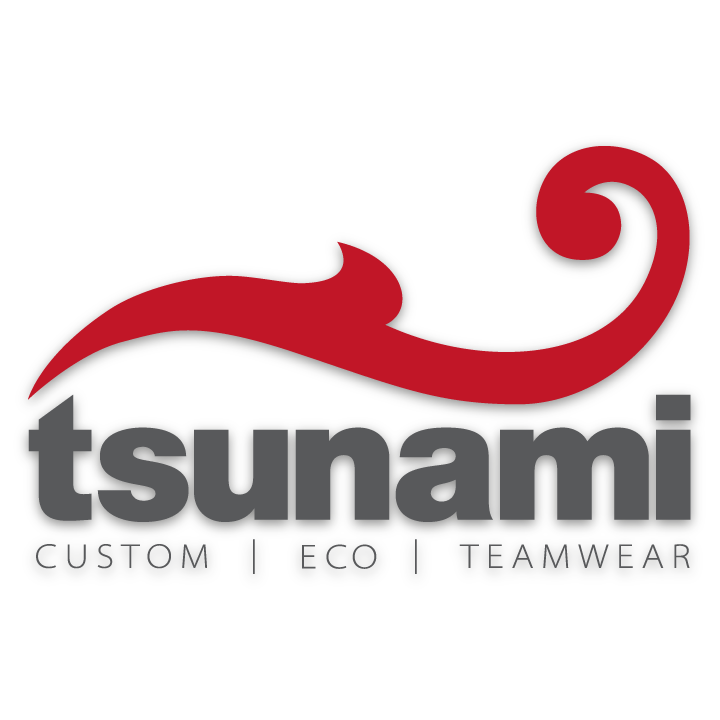

Tsunami Sport Limited

Kwun Tong, Hong Kong S.A.R.
February 2023
Sports goods
Wholesale/Retail
Australia,
Hong Kong S.A.R.,
New Zealand,
Singapore,
United Arab Emirates,
United Kingdom,
United States
Founded in 2003, Tsunami Sport has built a reputation as a sustainability focused teamwear brand for any athlete at any level. Its main focus is providing teamwear kit for clubs, schools, corporates and events with a considerable increase in the provision of sports uniform items to schools alongside their traditional custom design sports teamwear. With a focus since 2005 on the use of sustainable fabrics made from repurposed bottles they are a teamwear industry leading brand in minimising environmental impacts in the otherwise traditionally wasteful garment industry, with made-to-order garments and significant reduction in the use of packaging as key commitments in their approach. Since 2015 alone the fabrics used in Tsunami’s sublimated sportswear garments has increased from 55% to over 80% sourced from recycled PET. Based in Hong Kong and New Zealand, the company has a global network of clients.
Overall B Impact Score
Governance 15.7
Governance evaluates a company's overall mission, engagement around its social/environmental impact, ethics, and transparency. This section also evaluates the ability of a company to protect their mission and formally consider stakeholders in decision making through their corporate structure (e.g. benefit corporation) or corporate governing documents.
What is this? A company with an Impact Business Model is intentionally designed to create a specific positive outcome for one of its stakeholders - such as workers, community, environment, or customers.
Workers 26.2
Workers evaluates a company’s contributions to its employees’ financial security, health & safety, wellness, career development, and engagement & satisfaction. In addition, this section recognizes business models designed to benefit workers, such as companies that are at least 40% owned by non-executive employees and those that have workforce development programs to support individuals with barriers to employment.
Community 22.6
Community evaluates a company’s engagement with and impact on the communities in which it operates, hires from, and sources from. Topics include diversity, equity & inclusion, economic impact, civic engagement, charitable giving, and supply chain management. In addition, this section recognizes business models that are designed to address specific community-oriented problems, such as poverty alleviation through fair trade sourcing or distribution via microenterprises, producer cooperative models, locally focused economic development, and formal charitable giving commitments.
Environment 18.8
Environment evaluates a company’s overall environmental management practices as well as its impact on the air, climate, water, land, and biodiversity. This includes the direct impact of a company’s operations and, when applicable its supply chain and distribution channels. This section also recognizes companies with environmentally innovative production processes and those that sell products or services that have a positive environmental impact. Some examples might include products and services that create renewable energy, reduce consumption or waste, conserve land or wildlife, provide less toxic alternatives to the market, or educate people about environmental problems.
Customers 1.9
Customers evaluates a company’s stewardship of its customers through the quality of its products and services, ethical marketing, data privacy and security, and feedback channels. In addition, this section recognizes products or services that are designed to address a particular social problem for or through its customers, such as health or educational products, arts & media products, serving underserved customers/clients, and services that improve the social impact of other businesses or organizations.